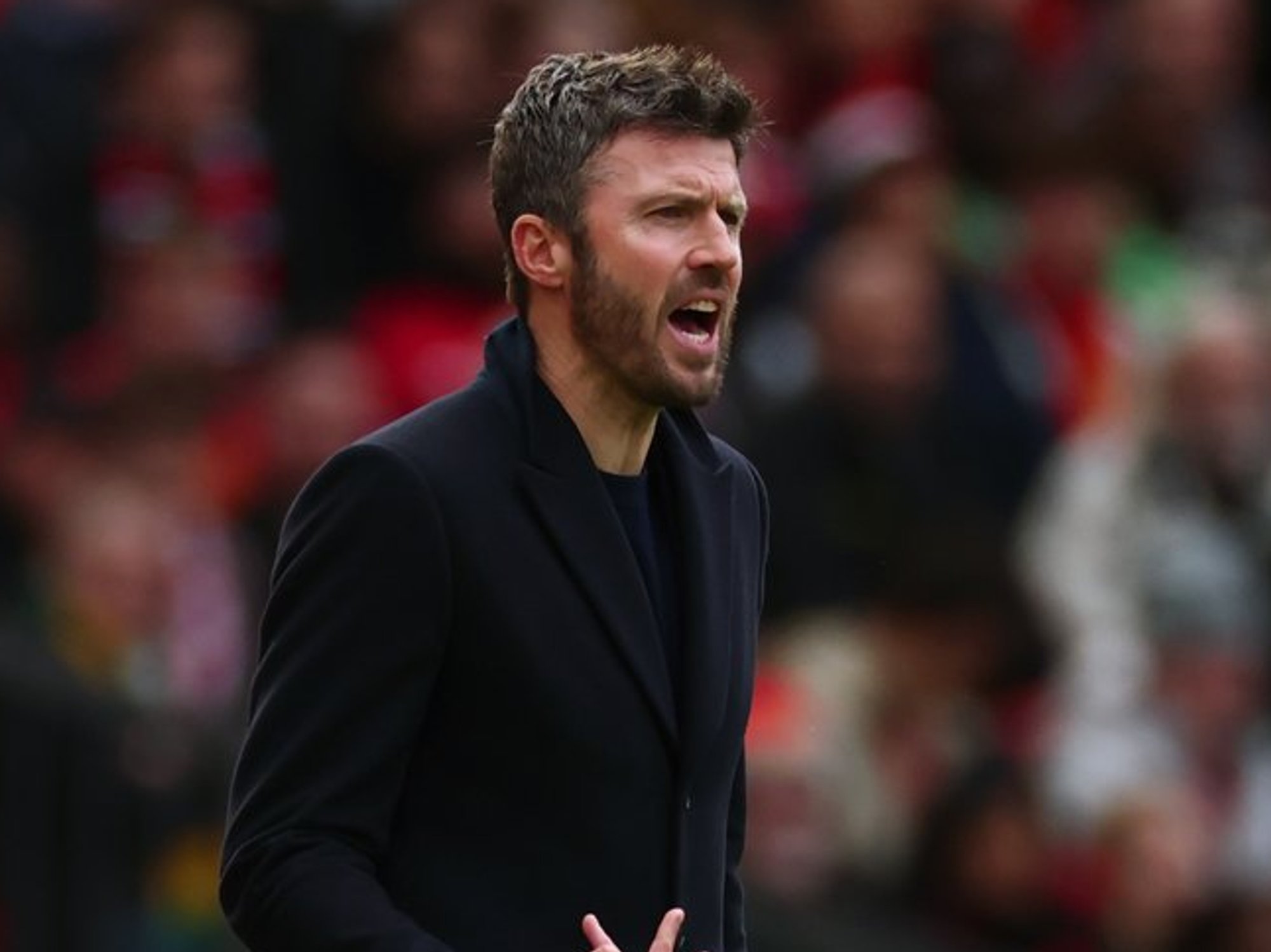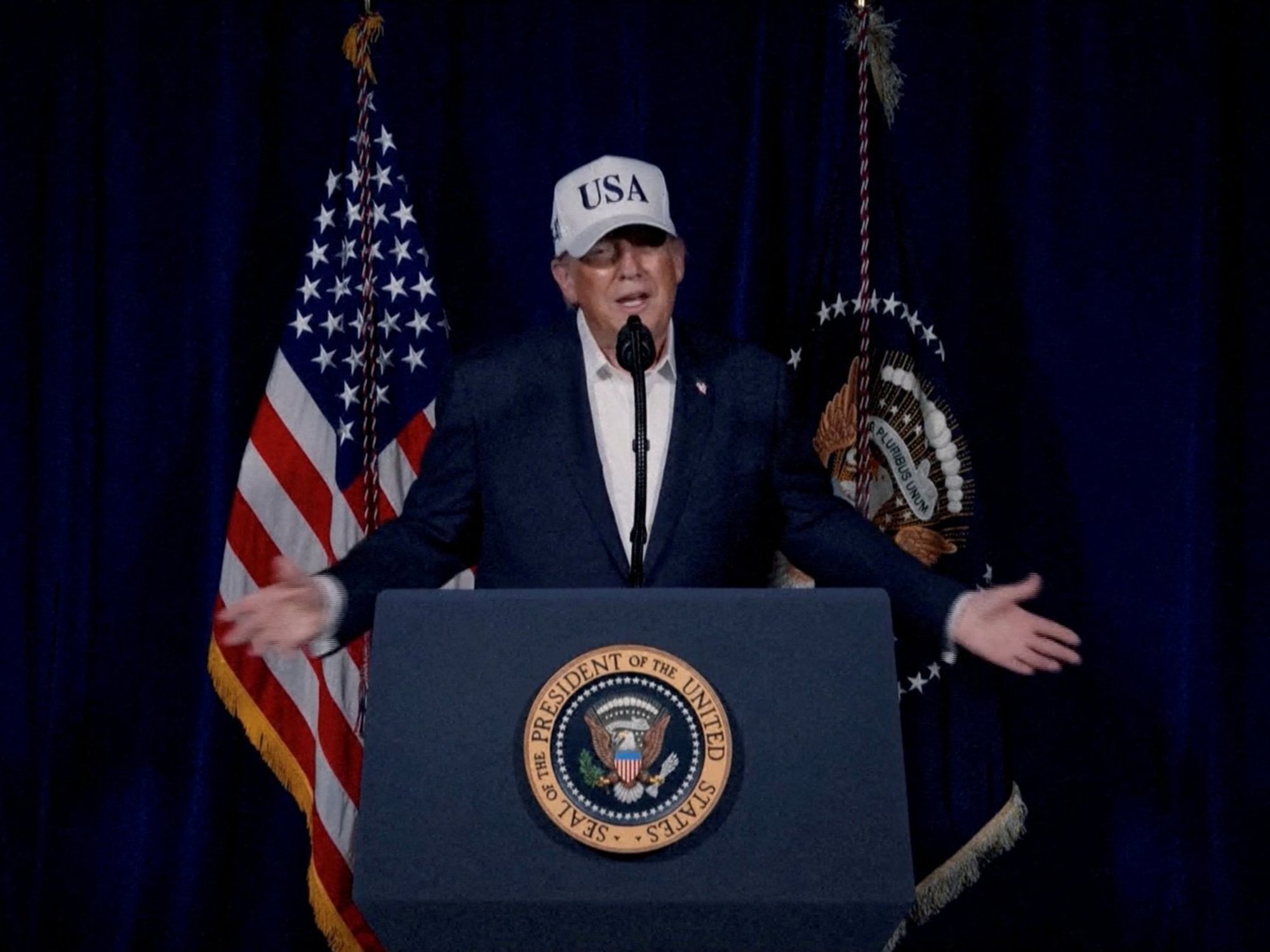Rachel Reeves’ accusation of misogyny is shamelessly desperate and self-pitying, says Jacob Rees-Mogg

WATCH NOW: Jacob Rees-Mogg slams Rachel Reeves on the eve of her second Budget
|GB NEWS

'It is a clear sign of a Chancellor not in control, that she has no credible response to the concerns of the British public'
Don't Miss
Most Read
Trending on GB News
Rachel Reeves is in damage control mode on the eve of her second Budget.
Following weeks of leaks, accusations of broken manifesto commitments, tax rises and internal Labour party dissatisfaction, the Chancellor has resorted to emotional blackmail to garner support.
Rachel Reeves has reportedly told Labour MPs she will “go on” as Chancellor for several years, and insisted she won’t be brought down by “misogynist Tories” or a “misogynist media.”
Unfortunately for her, claiming longevity is a sign of a Minister in trouble.
TRENDING
Stories
Videos
Your Say
Harold Wilson in 1969 was adamant that he would stay the course, while Margaret Thatcher assured the public of her intention to keep going, both went about one year later.
This is a desperate move from Rachel Reeves. Accusations of misogyny are shamelessly self-pitying.
The criticisms of the Chancellor are down to economic mismanagement and an inability to deliver.
Other female members of the Cabinet - Shabana Mahmood, Yvette Cooper, Liz Kendall and Lisa Nandy, are of course facing scrutiny for their actions, but are subjected to less criticism than Rachel Reeves.

Jacob Rees-Mogg slams Rachel Reeves on the eve of her second Budget
|GB NEWS
This is because they are highly intelligent people even if their policies are, in my view, wrong.
She began her term in office by claiming there was a ‘Tory black hole’, which as well as changing on a daily basis, turned out to be a result of Labour’s generous public-sector pay deals, increasing wage costs and worsening public finances.
Talking down the economy and leaking random messages ahead of the Budget has reduced business confidence, investment, hiring, and prompted wealthy individuals to leave.
Rachel Reeves is failing to grasp the impact of her briefings on the economy, market confidence and businesses.
She also misjudges how business taxation works: higher employer National Insurance Contributions must result in higher prices, lower wages, or reduced employment.
These pressures fuel inflation, which in turn raises government spending through index-linked benefits and pensions.
The prospect of higher taxes, which will hit the productive private sector while funding growing welfare costs, including £15billion extra on benefits, paints a picture of a government that punishes workers and rewards shirkers.
Taking issue with this approach, as well as a series of broken manifesto promises, is perfectly reasonable grounds for criticism of the Chancellor. This course would lead to criticism of any Chancellor regardless of sex, race or creed.
Rachel Reeves’ accusation of misogyny in response to legitimate complaints about her economic plans is a clear sign of a Chancellor not in control; that she has no credible response to the concerns of the British public.
More From GB News










